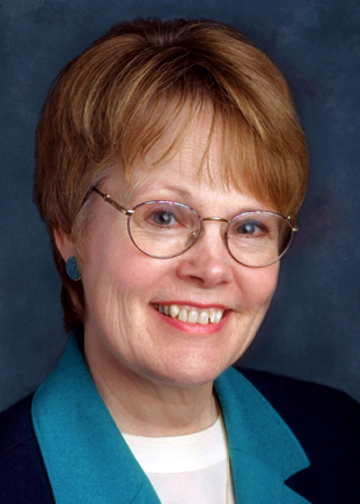The second session of the 28th Alaska Legislature opened in January. KSTK’s Shady Grove Oliver spoke with Representative Peggy Wilson of Wrangell about local issues, from education to environment.
Click here for iFriendly audio.
Wrangell Republican Peggy Wilson represents House District 33, including Wrangell, Ketchikan and northern Prince of Wales.
Transportation is at the top of her list this legislative session. But local is the other buzzword Wilson is using a lot.
She says retaining local control over education and environment are definite priorities.
“Education is going to be a biggie this year,” says Wilson.
There are a number of education reforms up in the air across the state. Wilson says she supports money going to education.
But she’s worried some of the potential changes in school funding might take decision-making power away from the communities whose children are being educated.
“Right now because at the local level they give some money for education, then they—you might say—have skin in the game,” says Wilson.
Wilson says, if federal funding seriously outweighs or even takes over community funding of schools, she’s concerned the community could lose its voice.
“I don’t want us to lose local control and that’s a very fine rope to walk and you can fall of either way and be in trouble. So, I want to make sure that what we end up with is something that we can all live with. Sometimes you ask for something and you get more than you bargained for and that could be loss of local control,” says Wilson.
The same thing goes for environmental protection.
Last summer, the Parnell administration removed certain permitting requirements for the use of herbicides and pesticides.
In June, the Alaska Department of Transportation announced plans to begin spraying these bug and weed-killers on its state-controlled roadways.
Not only do many Southeast residents rely heavily on subsistence foods, the economics of Southeast are strongly tied to the fishing industry.
Wilson says she’s worried about the effects of these chemicals on harvested foods.
“I want to make sure we’re not using something that’s going to affect the wildlife, that’s going to affect the fish. Right now we say in Alaska that we can sell our fish easily because they’re in a pristine environment. But if we don’t watch what is being sprayed on the land then that runoff will go into the ocean and that will affect the fish. We don’t want them to be able to find insecticides and things that kill plants in our animals. We have to be very careful about things like that,” says Wilson.
Wilson says as a legislator, she is always concerned with her constituents’ community needs.
So, this legislative session, keep an ear out for that local buzzword as you follow Wilson’s session in the house.













